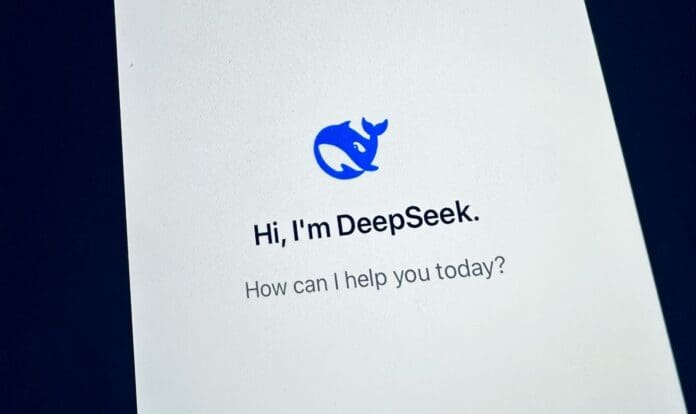This post is also available in:
 עברית (Hebrew)
עברית (Hebrew)
South Korea’s data protection authority has found that Chinese AI startup DeepSeek was transferring user information and prompts without consent. The Personal Information Protection Commission (PIPC) disclosed that, when the DeepSeek app was still available for download in the country earlier this year, the company failed to comply with local data privacy regulations.
According to Reuters, the controversy centers around DeepSeek’s transfer of personal data, including user inputs and app-related information, to several companies in China and the United States. These transfers occurred without obtaining explicit consent from South Korean users, violating key privacy laws. The PIPC revealed that the data was sent to various entities, including Beijing Volcano Engine Technology Co. Ltd., a Chinese tech company, along with device, network, and application data.
In response to the breach, South Korea’s data agency took swift action, suspending the app’s availability for new downloads in February. This move followed an admission from DeepSeek that it had overlooked several of the PIPC’s data protection guidelines when launching the app in January. As a result, the data authority has issued a corrective recommendation for the company to remove any previously transferred AI prompt content from Volcano Engine and ensure that it establishes a legal framework for the transfer of personal information internationally.
DeepSeek clarified that the transfers were intended to enhance user experience and stated that, as of April 10, it had halted the transfer of AI prompt data to Volcano Engine.
The situation has raised broader concerns about data security and privacy, particularly when it comes to international data flows. In response to South Korea’s allegations, China’s Foreign Ministry asserted that the Chinese government does not, and will not, require companies to illegally collect or store data.
This case highlights the growing tension surrounding global data protection standards and the increasing scrutiny of international tech companies operating in sensitive markets.


























